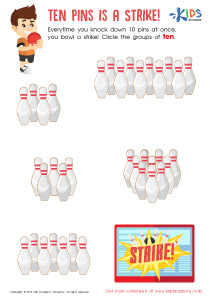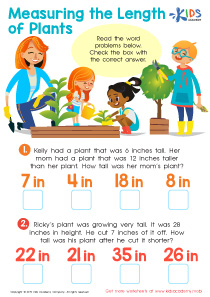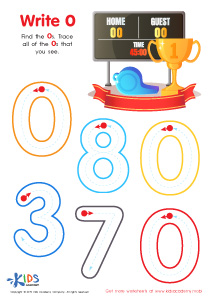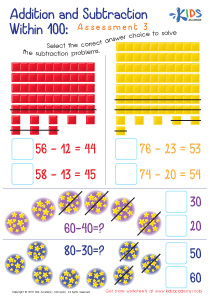Fine Motor Skills Easy Numbers up to 100 Worksheets for 4-Year-Olds
5 filtered results
-
From - To
Our "Fine Motor Skills Easy Numbers up to 100 Worksheets for 4-Year-Olds" are designed to help your little ones develop precision and control in their hand movements while learning numbers. These engaging and educational worksheets support fine motor development by including activities like tracing, coloring, and simple counting exercises. Ideal for preschool children, the worksheets make learning fun and interactive. Each exercise aims to enhance your child's number recognition skills and improve their ability to handle pencils and crayons, laying a strong foundation for kindergarten readiness. Perfect for at-home practice or classroom use, these worksheets turn learning into an enjoyable adventure.
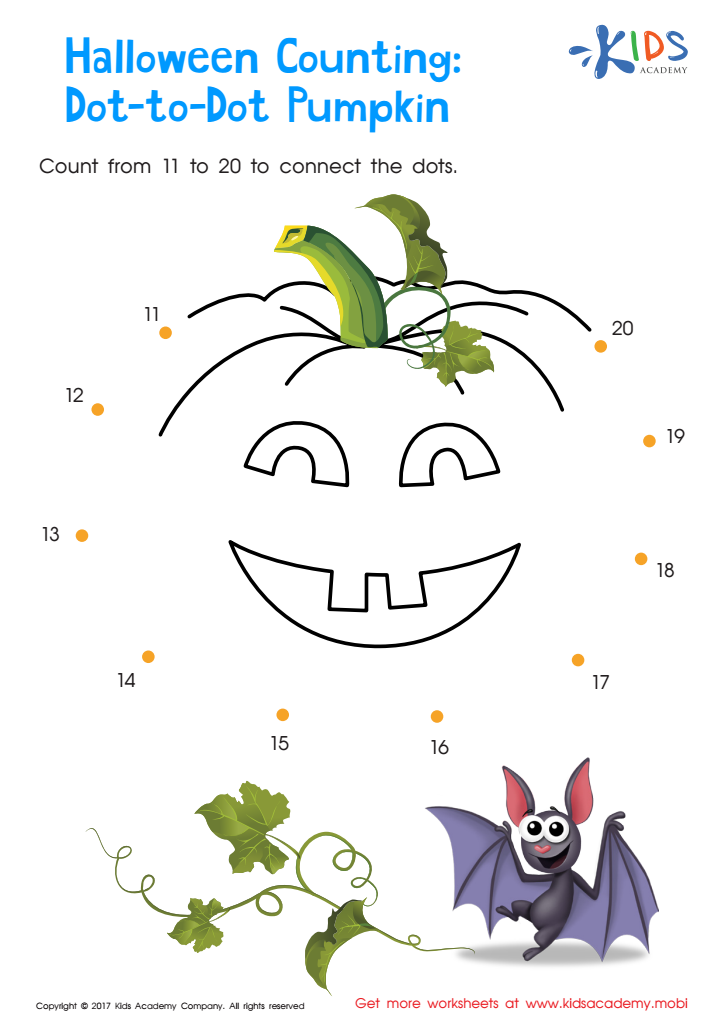

Ordering 11–20: Halloween Counting Worksheet
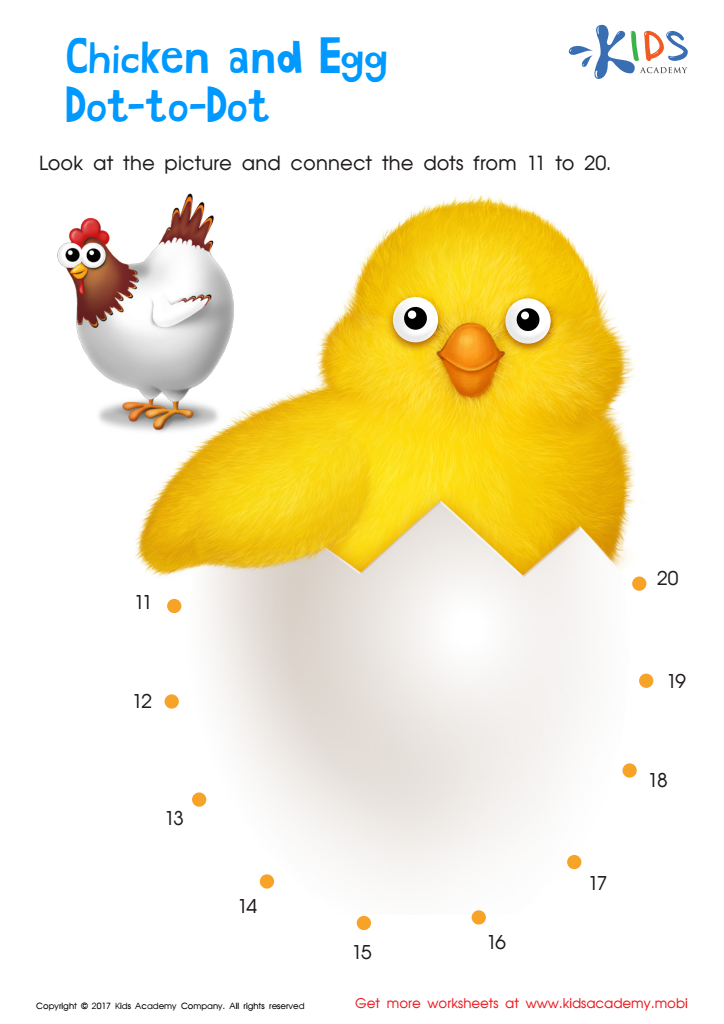

Ordering 11–20: Chicken & Egg Dot–to–dot Worksheet
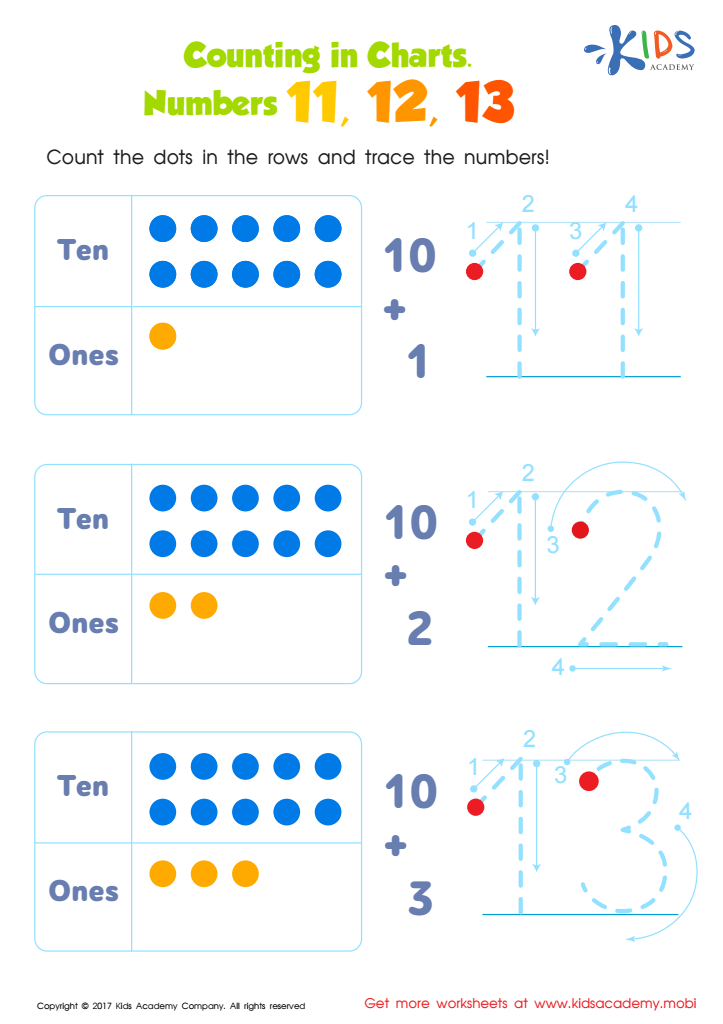

Number Tracing Worksheet For Kindergarten
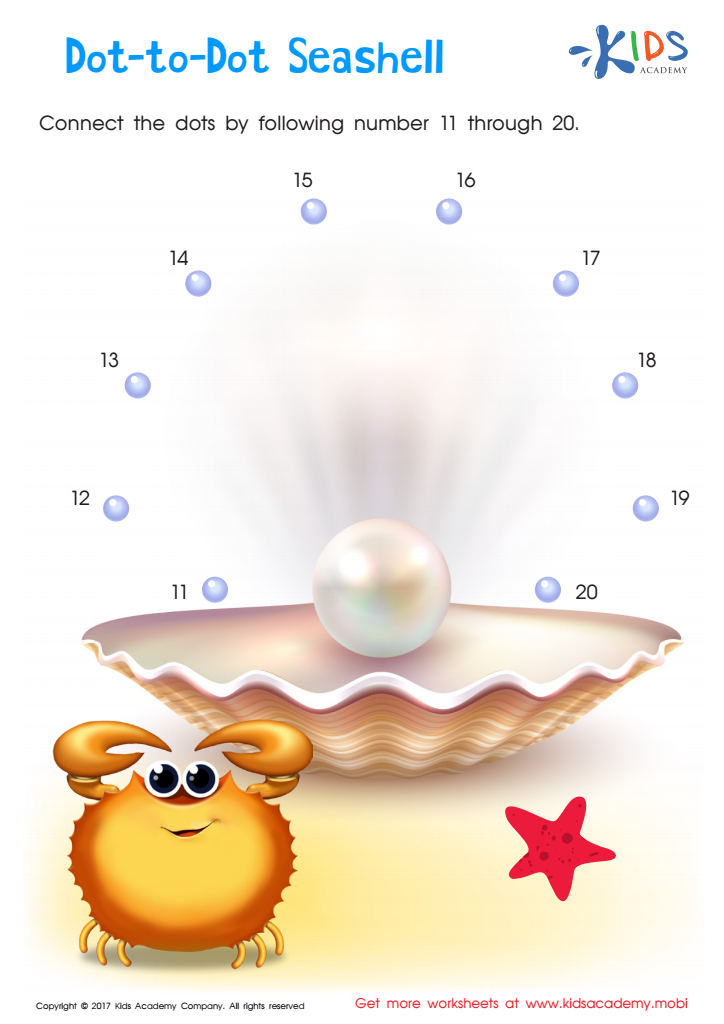

Ordering 11–20: Dot–to–dot Seashell Printable
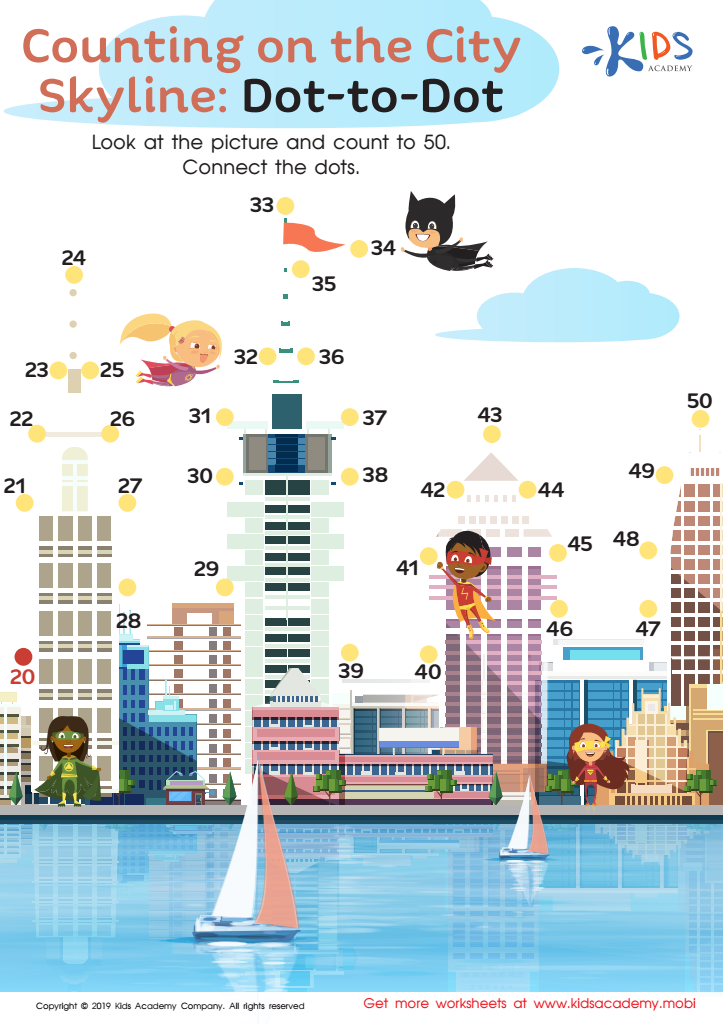

Counting on the City Skyline: Dot-to-Dot Worksheet
Fine motor skills are critical for young children's development as they involve the coordination of small muscles in the hands and fingers, essential for tasks like writing, buttoning, and using utensils. These skills serve as the foundation for more complex actions necessary in daily life and academic settings.
When fine motor activities incorporate easy numbers up to 100, they provide an engaging and educational context which can bolster early math skills and number recognition. By integrating numeracy with activities like tracing numbers, sorting items, or manipulating small objects, children can enhance their hand-eye coordination and improve their pincer grasp, all while developing a familiarity with numerical concepts.
For parents and teachers, this focus is crucial as it sets the groundwork for future learning success. Improved fine motor skills lead to better handwriting, greater independence in self-care activities, and enhanced cognitive development. Early exposure to numbers promotes a positive attitude towards mathematics, easing the transition to formal schooling.
Ultimately, prioritizing fine motor skill development along with numerical literacy in 4-year-olds not only supports physical dexterity and academic preparedness but also contributes to a child's overall sense of competency and confidence in their environment.
 Assign to My Students
Assign to My Students







%20(1).jpg)




